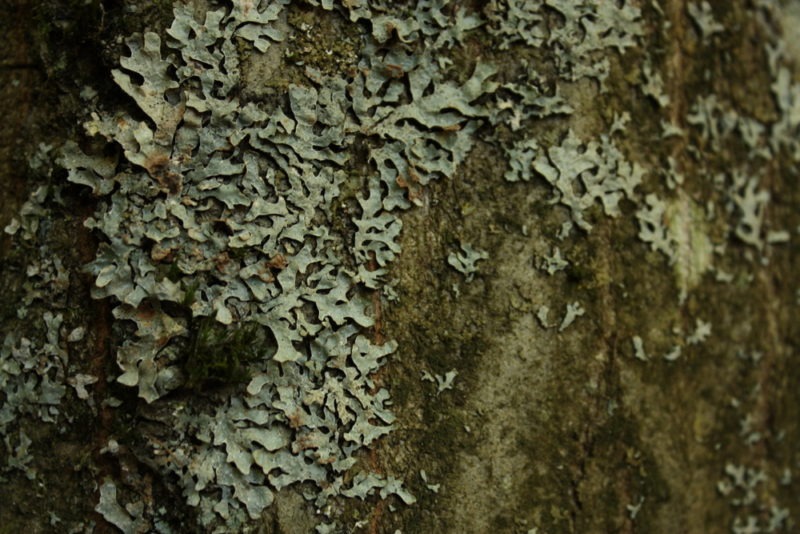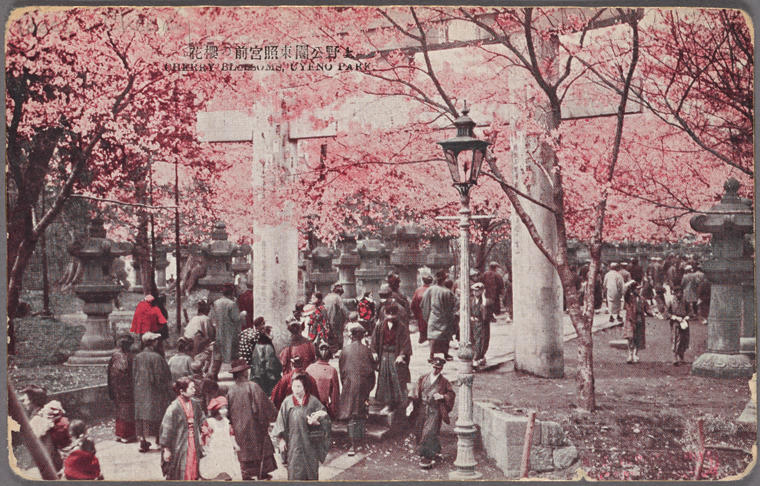
I realized my lawn was perfectly imperfect. It was wabi-sabi.
Perfection is a strange concept. It’s an illusion we hold in our minds about how something should be, and when reality doesn’t measure up to it, we feel upset or as we somehow failed. Why should we get so upset about something that only exists in our minds? After all, it’s not real! The concept of wabi-sabi focuses on how imperfection is perfect, namely because it is real. Decay is a part of life. Weeds are a part of a lawn. My lawn is happier than my neighbor’s lawn because I’m too lazy to do much to it other than basic mowing and weed cutting. I don’t expect much from my lawn.

Much of the uncertainty we face with the COVID-19 outbreak centers on our ideas of perfection. Uncertainty comes from reality not meeting expectation. So if you don’t have expectations, you don’t have to face uncertainty. COVID-19 is causing uncertainty because it caused a different reality than normal. It broke with our expectations of how reality should work. Nevermind COVID-19 is a reality. Life isn’t on hold. It continues in a different way. While it’s terrible people are getting sick and dying, life is still perfectly imperfect. Besides, life is always uncertain and unpredictable. We just think we have more control than we really do. COVID-19 just shredded that illusion.
Wabi-sabi involves letting go of illusions of perfection and accepting life as it is, weeds and all. Nothing in nature is perfectly straight or just so. Nature is messy, uneven, and disheveled. Yet, it is beautiful. Trees accept where they are planted and grow the best they can in their given situation. Often that requires the trees to grow twisted and haphazard to us. But if it allows the tree to survive, the imperfection is perfect for that tree. My yard, as imperfect as it is, is perfect for the violets and sakura that grow happily (and fast!) in it. I don’t attempt to shape them into what I think is perfect. I just let them grow as crooked or straight as they want. I’m a lazy gardener.

We need to let ourselves grow in the same way instead of trying to force ourselves into an artificial idea of perfection. It’s fine to have faults, twists, and turns. It’s fine for the world pause for a while with COVID. It gives everyone a chance to breathe. Besides, the world didn’t really pause. While it’s terrible that people are dying and losing jobs, this event offers a chance to stop and grow, to let the lawn be less manicured and more natural. It gives us a chance to realize we need to save an emergency fund, spend less, or that we are happier as a hermit than as a socialite or the reverse! It lets us see the lessons and beauty to be had in ruins and weeds if we give it a chance. It shows we don’t control as much as we think you we do.
At its core, the aesthetic of wabi-sabi stresses acceptance. Acceptance of how decay can be beautiful in its own way, such as the ruins of Rome. Of how we need the tragic to understand the good. It stresses acceptance of how we don’t and can’t control nature or circumstances. All we can do is grow and twist toward sunshine. Wabi-sabi reveals how our idea of perfection is an illusion and true perfection lies in the imperfect. And this perfection, unlike our illusion of perfection, is attainable. In fact, we already have it.
So when I mow my lawn with its patchwork of violets, wild strawberries, wild mint, and other so-called weeds, I will now see its perfection, its beauty, even as I trip in the hidden holes I always forget about.



